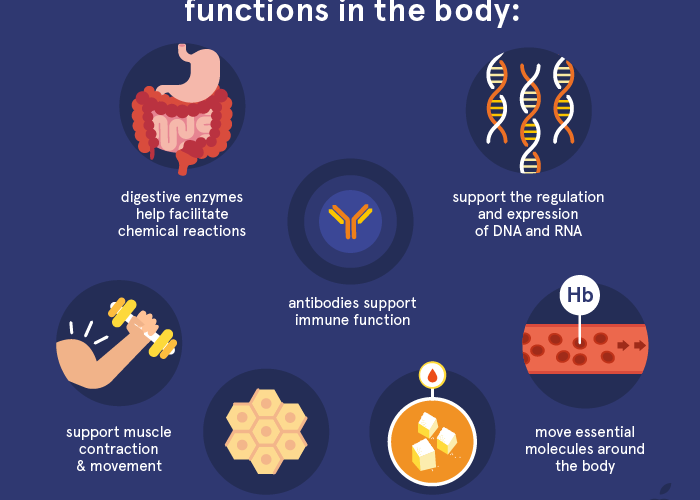NEWSLETTER
RELIANCE IMPERIAL PHARMACY
FALL2022
Vamsikrishna Bhavana
Depression and Anxiety may show specific signs in kids.
In kids and teens, severe is a real risk to health and well-being. Learn how to spot the signs of depression in your child.
Serious depression is not a bad or sad mood that will resolve itself with time. It is a diagnosable and treatable mental health condition that affects young people in all corners of society, and it can lead to serious risks – even self-harm and suicide. An estimated 3 percent of children in the US deal with depression, according to the Cleveland Clinic. For adolescents, that figure is 13.3 percent.
Because depression can lead to such harmful outcomes in kids and adolescents, it’s important to catch it early and treat it when possible. Earlier treatment of depression may help children avoid the most negative outcomes of this serious mental health problem.

SYMPTOMS AND CAUSES
What causes depression and anxiety in children?
Depression and anxiety in children can have many causes, including:
- Alcohol or drug use.
- Environment (including family problems).
- Family history (others in the family have depression).
- Physical illness.
- Stressful life events.
Below, learn the signs of depression in children and how to spot them.
Irritability and Anxiety
A 2016 study found that feelings of and fear were some of the most common precursors to the onset of major depressive disorder (MDD) in adolescents. You may notice anxiety and irritability in your child, or they may discuss these feelings with you.
Lingering Feelings of Hopelessness or Sadness
If your child appears to have persistent feelings of sadness or hopelessness, they may be experiencing depression. Whether your child discusses these feelings with you or you notice them independently, be sure to reach out to your family healthcare provider.
Changes in Appetite or Sleep
Reduced or increased sleep and eating are classic signs of depression in young people. Without other symptoms, changes to diet and sleep may be harmless or suggest a separate condition, so be sure to seek advice from a healthcare professional.
Trouble Focusing
According to the Cleveland Clinic, many children and teens who have MDD may struggle to focus during activities that require some level of concentration, such as school.
Physical Issues That Don’t Resolve with Treatment
A child whose stomach aches or similar physical pains won’t go away with medical treatment may actually be dealing with a mental problem rather than a physical one. Mental health issues can sometimes show themselves in physical ways, so it’s important to take your child’s symptoms seriously even if you think they are nothing.
Decreased Ability to Enjoy Daily Activities
In both children and adults, the sudden inability or decreased ability to enjoy tasks that make up everyday life, such as visiting with friends, is a highly typical sign of depression.
Reduced Energy and Fatigue
If your child is suddenly sluggish or overly tired without explanation, this could be a sign of depression. Speak with your child and their health care provider
Feelings of Worthlessness and Discussion of Self-Harm
Self-harm and feelings of worthlessness are common signs of severe depression. Any discussion of self-harm or suicide must always be taken seriously. Parents who overhear their children discussing self-harm or feelings of worthlessness should immediately contact the family health care provider.
What are the signs of anxiety in children?
Signs of anxiety in children may include:
- Anxiety about the future.
- Fear of being away from a parent.
- Physical symptoms of panic, such as sweating or dizziness.
- Refusal to go to school or take part in social activities.
- Worry that a parent or loved one may die.
DIAGNOSIS AND TESTS
How are childhood depression and anxiety diagnosed?
If you think your child is showing signs of depression or anxiety, talk to a healthcare provider. Start with your child’s pediatrician. Your pediatrician may refer you to a mental health professional for a more detailed evaluation.
A healthcare provider will likely start by ruling out conditions that may be causing your child’s mood issues. Illnesses known to cause symptoms of depression include:
- Anemia.
- Concussion.
- Diabetes.
- Epilepsy.
- Hypothyroidism or hyperthyroidism.
- Mononucleosis.
- Vitamin D deficiency.
There are no tests to diagnose depression. A mental health evaluation should include interviews with you (the parents) and your child. Information from teachers, friends and classmates can also shed light on your child’s mood and behavior changes
MANAGEMENT AND TREATMENT
How are depression and anxiety in children treated?
Treatment options for children with depression are like those for adults. Your child’s healthcare provider may recommend:
- Psychotherapy (counseling).
- Medication.
- Combination of the two.
PREVENTION
Can I prevent my child from developing depression or anxiety?
Depression can result from certain situations in life or may have a biological cause. As a parent, you can’t always manage the stressors in your child’s life. But you can help improve your child’s mental health by ensuring they get:
- Daily exercise.
- Safe, supportive environment at home and school.
- Plenty of sleep.
- Well-balanced meals.
When should I call the doctor?
Call a healthcare provider if your child has any signs of depression or anxiety. If your child is showing signs of suicide, get help right away. You can call the Suicide and Crisis Lifeline at 988 (in the United States). This hotline connects you to a national network of local crisis centers for free and confidential emotional support. The centers support people in suicidal crisis or emotional distress 24 hours a day, 7 days a week. In an emergency, call 911.


